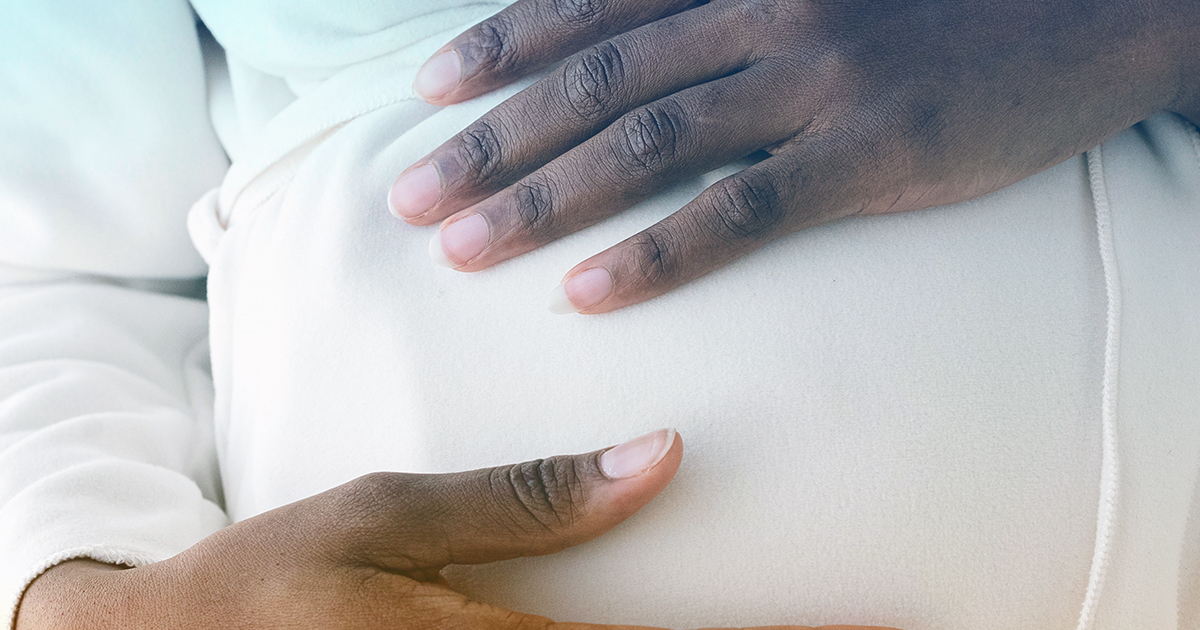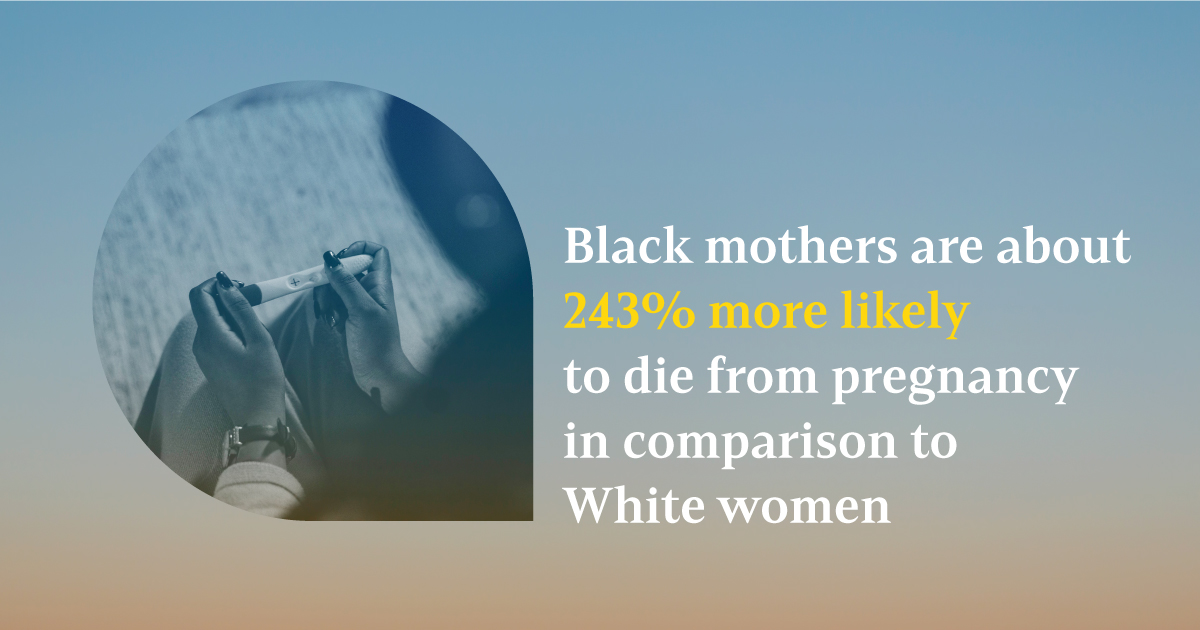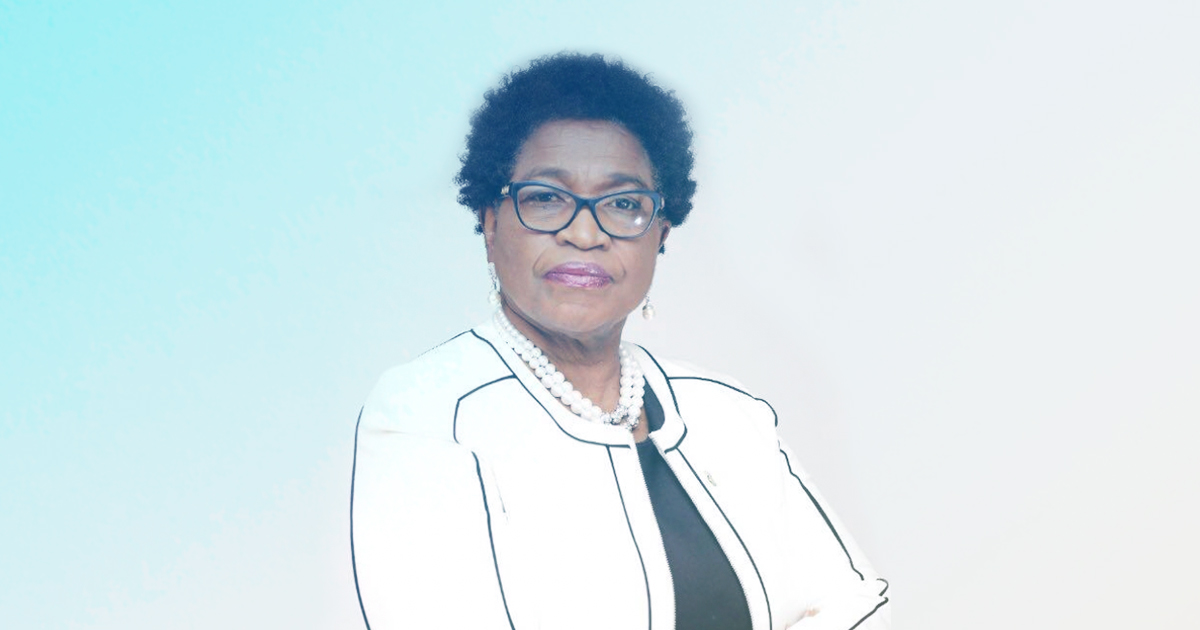How Doulas Support Black Maternal Health and Reduce Birth Disparities
A doula is someone who is professionally trained in childbirth and provides women with emotional, physical, and educational support to ensure a safe and empowering birth experience. Although doulas do not provide medical care, they are knowledgeable about many medical concepts surrounding labor and delivery. The doula strengthens the bond between the mother and child, reduces health care costs, and improves health outcomes for mothers.
In honor of Black Maternal Health Week and in recognition of Black women who fight for the lives of Black mothers and babies every month, we are highlighting the positive impact of doulas on the Black maternal health crisis.
The history of Black doulas and midwives

In the early days of the United States, women of color were some of the first midwives, attending births for both Black and White women. These women were the primary source of maternal care for over a hundred years. However, around 1910, the number of Black midwives dwindled as states introduced licensing requirements for midwives that were unavailable to these Black professionals.
The economic prosperity throughout the early 21st century led to a rise in births in a hospital, for those who could afford it, further reducing women’s reliance on this age-old practice. In the 1970s, the practice of midwifery outside of hospitals experienced a resurgence fueled by the women’s movement. Though many states still have limiting regulations in the last several decades, the use of midwives and doulas has increased.
The Black maternal health crisis

In the United States, there is a dramatic disparity between the rates of Black and White women who die or nearly die from pregnancy complications. The CDC found that, in the United States, Black mothers die at three to four times the rate of White mothers. This is equivalent to 243% more Black women dying from pregnancy in comparison to White women, with the leading cause being cardiovascular related conditions.
What's even more surprising? Relatively well-off Black women are still more likely to die due to pregnancy-related complications compared to White women. A study of women in New York City reported that Black college-educated women who gave birth in nearby hospitals had a higher chance of experiencing serious complications than White women who did not graduate from high school. This highlights how profound inequalities are in the United States and the unjust treatment of Black patients in the health care system.
How psychological support can increase healthy birth outcomes
Evidence has shown that women who are stressed during labor experience prolonged labor and more delivery complications. The holistic methods used by doulas have proven to be effective in reducing various forms of physical and emotional trauma which can lead to pregnancy complications. Doulas have also shown they can reduce labor times, cesarean births, and risk of postpartum depression, while increasing birth weight and breastfeeding rate.
The modern hospital birthing process often removes the ability of mothers to make decisions regarding their care. Providers recommend procedures to limit pain and discomfort without considering the mother's wishes. However, this can lead to birth implications for the mother and child. Through advocacy, doulas frequently communicate with providers and increase a mother's confidence to impact her own pregnancy outcomes.
Firefly employee recalls her experience as a doula

As a doula, Jerrie Kumalah primarily worked for teen mothers and women in low-income communities. As a fellow immigrant, born and raised in West Africa she aspired to assist immigrant families. She recalls her most memorable experience assisting a Haitian family with limited English skills. As the mother struggled during labor, Jerrie quickly became her cheerleader and advocate. Through coaching, support, and translation she was able to remove the language barrier with the obstetrician. The mother felt heard and could communicate her wishes and her baby was born with ease without the need for an epidural.
''What resonated with me [about being a doula] was the sense of community and support. Ultimately by supporting women and being there for them, you improve birth outcomes and their ability for recovery, while providing them with the information and preparation they need.” – Jerrie Kumalah, MPH
The fight for legislation to end Black birth disparities

Marcia Raglin-Vassel, a Rhode Island representative from Jamaica, nearly lost her own life due to the Black maternal health crisis. After the delivery of her twin sons, she experienced severe headaches which led to the development of a brain aneurysm, preeclampsia and hypertension (high blood pressure). The experience left her wondering how a healthy woman like herself almost had a fatal pregnancy outcome. Raglin-Vassel, along with other advocates, fought for three years through opposition from private insurers and medical staff until the Doula Reimbursements Act was signed by Governor Dan Mckee in August 2021. The bill ensures that every Rhode Island insurance plan reimburses doulas services.
In addition, the Biden-Harris Administration issued executive orders to address the Black maternal mortality and morbidity crisis in the United States. In Massachusetts, the Health Policy Commission (HPC) created “Birth Equity and Support through the Inclusion of Doula Expertise” (BESIDE) investment program to improve inequities in maternal outcomes.
Doula services can be unaffordable for many families who need it. Verywell Family estimated the cost of a birth doula to be $800 to $2,500, not including additional services such as high-risk pregnancies. Rhode Island along with Illinois, New Jersey, Minnesota, and Oregon are the only states that extend Medicaid coverage for doula services. The reimbursement issues stem from a poor standard of the specialty service leading to resistance from insurance companies and poor support from medical staff. More education is needed to increase the awareness of doulas and their impact on birth outcomes, so people in positions of power can advocate for more accessibility.
Organizations dedicated to making a difference
There are countless organizations supporting the lives of Black mothers and Black health & wellness, in general. Here are some of the many groups performing exceptional services to solve the issues Black families encounter:
- Sista Midwife Productions
- Black Mama Matter Alliance
- National Association to Advance Black Birth
- The National Birth Equity Collaborative (NBEC)
- ASALH collection of resources on Black health & wellness
You can find a detailed list of more organizations, including public policy leaders and educators in Black Maternal health, here.
How you can help
Reading through and sharing the resources from the organizations listed above is a great place to continue the conversation about Black maternal health.
The next step? Take action!
The largest movement in the crisis is the Black Maternal Health Week campaign, celebrating its fifth anniversary in April of 2022. Learn more about upcoming events that may be coming to your state! And of course, donations assist organizations in engaging more providers, conducting research to impact medical practices, and generally increasing awareness of these human rights and reproductive injustices.
-----
Sources:
https://www.npr.org
https://www.lamaze.org
https://www.calhealthreport.org
https://www.bostonglobe.com
https://www.ncbi.nlm.nih.gov
https://evidencebasedbirth.com
https://americanpregnancy.org
https://www.whitehouse.gov
https://digitalwindow.vassar.edu

.jpg)
.jpg)